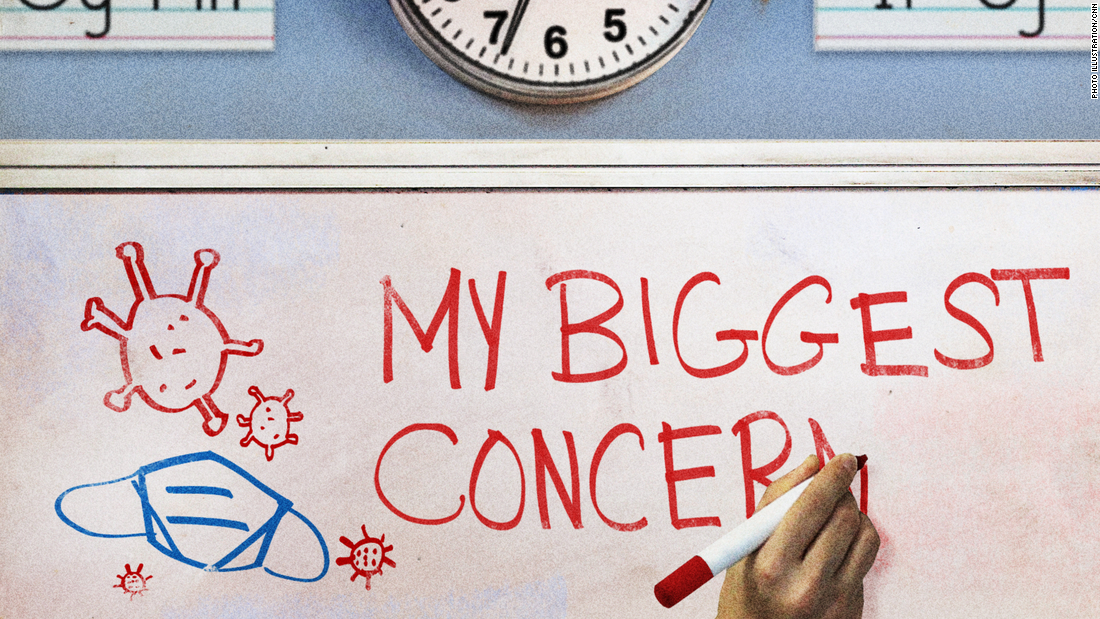[ad_1]
As Republicans wage a cultural war over mask mandates and critical race theory, and as some try to scare voters about refugees from Afghanistan, Democrats are betting on social spending plans for maintain control over the tenuous coalition Biden formed last year. In particular, the White House sees the provision of prescription drugs as an effective way to counter Republican attempts to tie Biden’s economic agenda to inflation, accusing the president of the rising cost of gasoline, cars and cars. used and other household items.
Negotiating the cost of prescription drugs “is by far one of the most popular parts of the package,” said Celinda Lake, a pollster on Biden’s presidential campaign. “[And] it’s a policy that involves older people, who have been more skeptical about some of the other aspects of the program.
“An elderly person, for example, will be much more worried about what they pay for their prescription drugs than what Dr. Seuss delivers to their granddaughter reading in kindergarten,” she said. added.
In recent weeks, Biden has focused heavily on the proposal when he explained his broader economic plans that should go through reconciliation, which only requires a simple majority vote.
“One in four Americans who take prescription drugs struggle to afford them,” Biden said. “We will help millions of Americans save money and ease their burden by reducing the cost of prescription drugs.”
The White House and Democrats also plan to hammer home Republicans who oppose the proposal as being on the side of the big drug companies who overcharge Americans. And organizations like AARP are joining the push. In a June survey of 1,605 registered voters aged 50 and over, the group found that 87 percent supported allowing Medicare to negotiate with drug companies for lower prices, including 80 percent of black voters and 77 percent of Hispanic participants.
John Hishta, senior vice president of campaigns for AARP, said staff at the group, which represents tens of millions of retirees, speak to lawmakers and White House officials almost daily. . Passing the provision allowing Medicare to negotiate drug costs is a “top priority,” Hishta said and “we will do everything we can to try to achieve that.”
As the House prepares to vote on the budget resolution that will include the drug price measurement, the White House has stepped up outreach to members at the behest of Democratic leaders, fearing they may not yet have the necessary votes. In the House, a group of moderate Democrats are threatening to derail the resolution, arguing that the House should first vote on the $ 1,000 billion infrastructure bill that the Senate has already passed. Separately, a number of party centrists are reluctant to vote to allow Medicare to negotiate prices, arguing it would hamper the ability of drug companies to innovate.
Rep. Susan Wild (D-Pa.) Said this position was wrong and offered to speak to skeptical Democrats if the party leadership asks. “We really, really need to wake up – and I’m talking about my caucus right now – and understand that this has huge bipartisan appeal,” Wild said of efforts to cut prescription drug prices. “If necessary, we have to separate this problem and push it out there because it’s a winning problem.”
Wild said the issue she heard the most from her constituents was the price of insulin. “When you have something as important as this in the reconciliation package, you really have to think long and hard before you vote no on it,” Wild said.
In a note released Friday, the Lake polling firm found that 87% of voters over 65 were in favor of Medicare negotiating with prescription drug companies to reduce prices. The survey conducted in mid-June among 800 voters over 65 also found that older people would cross party borders “presenting both an opportunity for Democratic candidates in favor of this proposal to win over voters as well. than a threat that could erode their base. support if they oppose it, ”the note said.
When asked if a Democratic candidate supports the proposal, 51% of seniors were more likely to vote for them, including 78% of Democrats, 35% of Independents and 31% of Republicans.
Lake warned, however, that Democrats need to better describe the proposal in the Democrats’ reconciliation package, noting that to date “almost half the public” still does not know what is in the $ 1 trillion infrastructure package. of Biden’s dollars, which was passed by the Senate earlier this month. “And the reconciliation package they know even less about.”
[ad_2]
Source Link






